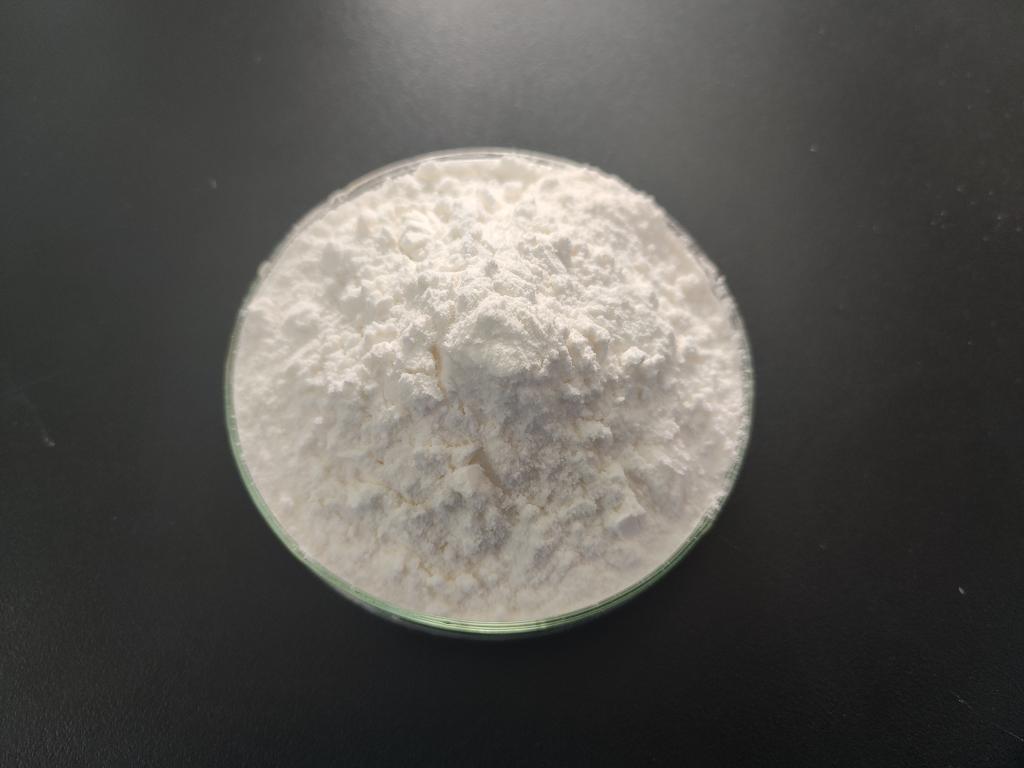Tel:0086 18231198596

News
Precision Applications of ε-Polylysine Hydrochloride in Water Filtration Technologies
TIME:2024-02-29
I. Understanding ε-Polylysine Hydrochloride:
ε-Polylysine Hydrochloride is a biodegradable, cationic polymer derived from natural sources, particularly through the fermentation of Streptomyces albulus. Its distinctive structure, characterized by the presence of multiple positively charged amino groups, lends itself to various applications, including its use in water treatment processes. The antimicrobial and coagulating properties of ε-Polylysine Hydrochloride make it an attractive candidate for precision applications in water filtration.
II. The State of Water Contamination:
Access to clean water is a fundamental human right, yet many regions face challenges in maintaining water quality. Contaminants such as bacteria, viruses, heavy metals, and organic pollutants pose significant health risks when present in drinking water. Traditional water treatment methods, while effective to some extent, often require improvement to meet the demands of growing populations and emerging contaminants.
III. Precision Applications of ε-Polylysine Hydrochloride:
Microbial Control in Water Treatment:
ε-Polylysine Hydrochloride exhibits potent antimicrobial properties, making it effective against a broad spectrum of microorganisms, including bacteria and viruses.
In water treatment, ε-Polylysine Hydrochloride can be used to control microbial growth in various stages of the process, preventing the proliferation of harmful pathogens.
Coagulation and Flocculation:
The cationic nature of ε-Polylysine Hydrochloride enables it to act as a coagulant and flocculant in water treatment. Its positive charges attract and neutralize negatively charged particles, aiding in the formation of larger, settleable flocs.
Enhanced coagulation and flocculation contribute to the removal of suspended particles, turbidity, and colloidal matter, improving the efficiency of downstream filtration processes.
Biofilm Prevention:
Biofilms, which are communities of microorganisms attached to surfaces, can form in water distribution systems and filtration units, leading to reduced efficiency and increased contamination risks.
ε-Polylysine Hydrochloride's antimicrobial properties help prevent biofilm formation, ensuring the longevity and optimal performance of water filtration systems.
Selective Removal of Contaminants:
The specific chemical interactions facilitated by ε-Polylysine Hydrochloride allow for the selective removal of certain contaminants. This precision enables tailored water treatment strategies for addressing specific pollutants or contaminants of concern.
IV. Advantages of ε-Polylysine Hydrochloride in Water Filtration:
Biodegradability and Environmental Compatibility:
ε-Polylysine Hydrochloride is derived from natural sources and is biodegradable, aligning with the increasing demand for environmentally friendly water treatment solutions.
Its minimal environmental impact and compatibility make it a sustainable choice for water filtration applications.
Reduced Dependency on Chemical Additives:
The multifunctional nature of ε-Polylysine Hydrochloride reduces the need for multiple chemical additives in water treatment processes.
This not only simplifies the treatment protocol but also minimizes the introduction of potentially harmful chemicals into the water supply.
Versatility in Water Sources:
ε-Polylysine Hydrochloride can be applied across a wide range of water sources, from drinking water treatment plants to industrial wastewater treatment.
Its versatility makes it adaptable to diverse water quality challenges, enhancing its applicability in various contexts.
V. Challenges and Considerations:
While ε-Polylysine Hydrochloride presents numerous advantages, challenges and considerations must be addressed for its successful implementation:
Optimization of Dosage and Conditions:
The effective use of ε-Polylysine Hydrochloride requires optimization of dosage and treatment conditions based on the specific water quality parameters and contaminants present.
Research and development efforts should focus on establishing guidelines for its precise application in different scenarios.
Long-Term Stability and Performance:
Ensuring the long-term stability and performance of ε-Polylysine Hydrochloride in diverse water treatment environments is crucial.
Ongoing monitoring and evaluation are necessary to assess its efficacy over time and under varying conditions.
Regulatory Approval and Standards:
Obtaining regulatory approval and establishing standards for the use of ε-Polylysine Hydrochloride in water treatment is essential to ensure compliance with safety and environmental regulations.
Collaboration with regulatory bodies is crucial for establishing guidelines and protocols for its widespread adoption.
VI. Case Studies and Success Stories:
Exploring case studies where ε-Polylysine Hydrochloride has been successfully implemented in water filtration provides practical insights into its real-world applications. These cases can demonstrate its effectiveness, address challenges encountered, and showcase the potential for scalability.
VII. Future Directions and Innovations:
The future of water treatment involves continuous innovation, and ε-Polylysine Hydrochloride is poised to play a significant role. Research initiatives should focus on expanding its applications, optimizing formulations, and developing synergistic approaches with other advanced water treatment technologies.
VIII. Conclusion:
ε-Polylysine Hydrochloride represents a promising advancement in precision water filtration technologies. Its unique properties, including antimicrobial activity, coagulation potential, and environmental compatibility, position it as a versatile tool for addressing water quality challenges. As the global demand for clean and safe water continues to rise, the precision applications of ε-Polylysine Hydrochloride offer a glimpse into a future where sustainable and effective water treatment solutions contribute to a healthier and more secure water supply for communities worldwide.

 CONTACT
CONTACT




